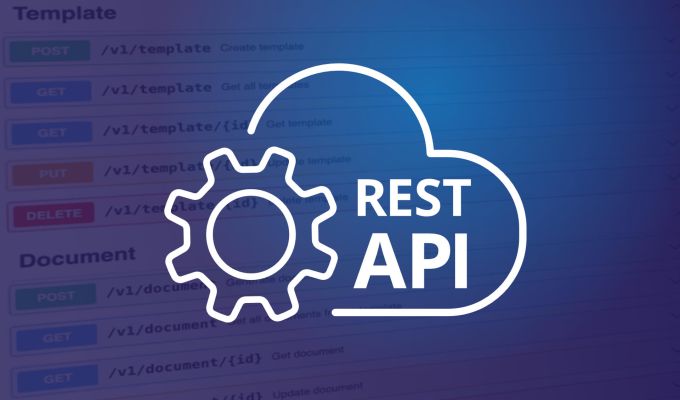RACS 5 Access Control System Integration with the Active Directory Service

Microsoft's Active Directory service is a solution commonly used by domain administrators of corporate networks.
The service enables managing the entire set of users in a network, defining their rights to network resources, as well as configuring the computers they work on. The RACS 5 access control and building automation system by Roger offers the possibility of software integration with the Active Directory service based on the LDAP protocol.
The integration enables central management of users of the domain network and access control system from the level of Active Directory management software. This means that the administrator of the directory service can define user rights in the access control system. As part of the integration, it is possible to:
- synchronise manually of the RACS 5 user list with the AD user list,
- synchronise automatically of the RACS 5 user list with the AD user list (Enterprise version of RACS 5 only).
Moreover, Active Directory user credentials can be used by the RACS 5 system administrator when logging in to the program managing this system.
Integration of the RACS 5 system with the Active Directory service is successfully used by customers using both solutions. It allows efficient and professional management of user rights both at the level of access to network resources and movement around the facility.



